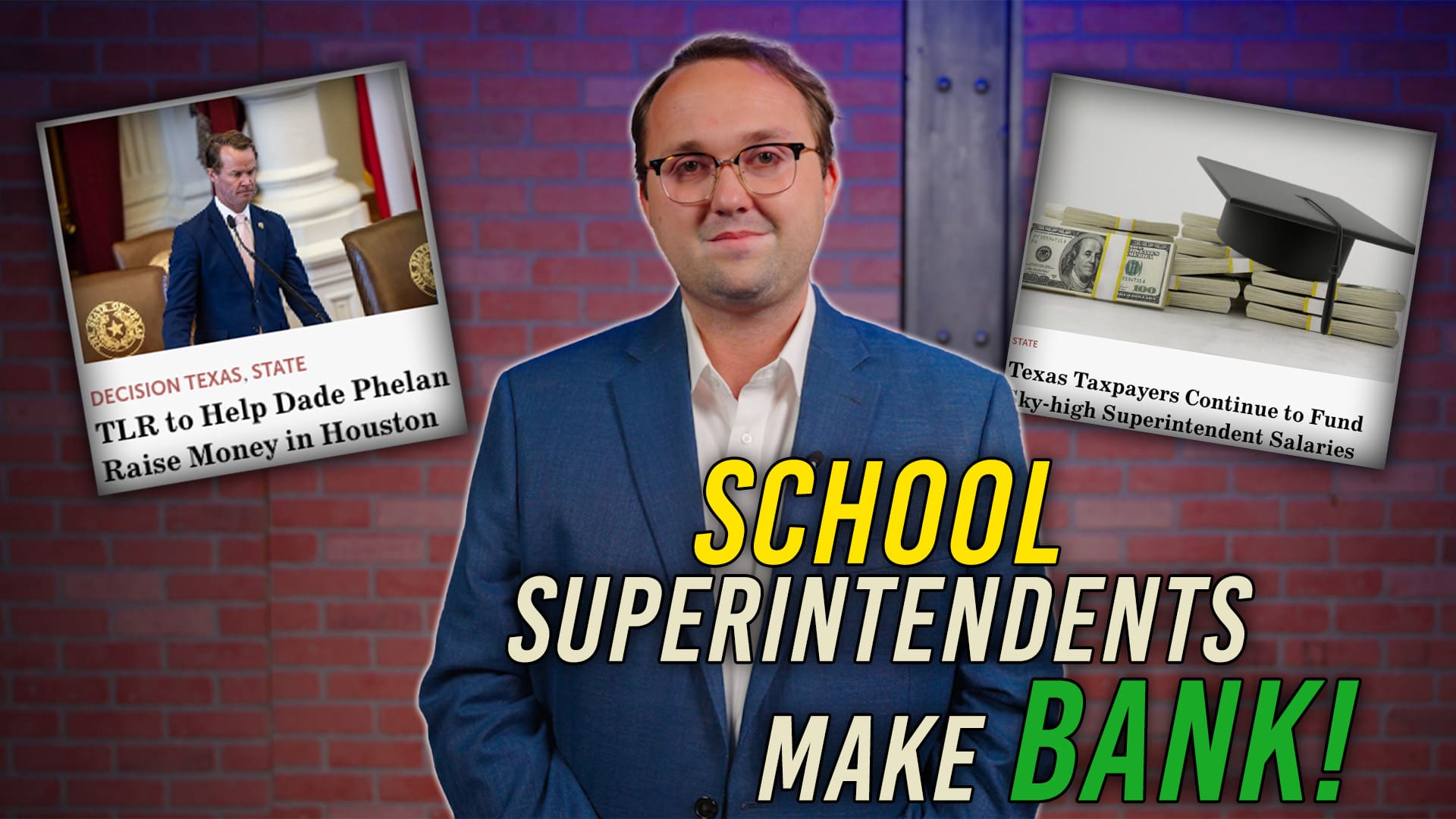TXDOT continues to be the best parody of itself. At the last Texas Transportation Commission meeting, leaders of the agency planned to approve a multi-million dollar sum of taxpayer funds for hovercrafts, jet packs and driverless cars.
We’ve reported before on TXDOT’s bad habit of duplicitous financial habits—approving major expenditures for questionable projects, and then claiming poverty. At the most recent Texas Transportation Commission hearing, the agency topped its already extensive flair for the ridiculous.
The proposal, entitled Emerging Transportation Technology Research Initiatives detailed the department’s plans for partnerships with corporations, universities and other government entities to research and develop “emerging transportation technologies.”
The report failed to mention the potential multi-trillion dollar cost impacts of implementing many of the pie-in-the-sky ideas. Of these ideas are some “winners” for private sector investment that the department will no doubt be “testing” in the initiative.
A solar panel roadway crowdfunding page cited in the report entitled, “Solar FREAKIN’ Roadways[sic]” has raised over $2 million of the estimated $56 trillion–yes, trillion–needed to fund the project. Also in private development is a driverless car being pursued by technology giant Google. Despite pipedream promises of a new accident-free, emission-reduced driving experience for all, the current Google research vehicle has a price tag of around $300,000—more than a Ferrari.
Other ideas put forth by the report include unmanned aerial vehicles—“drones,” jetpacks, a “hyperloop,” and hover cars.
The agency has requested that the legislature fund this program with $50 million through its legislative appropriations request—the formal process by which agencies submit their projected operating costs to the legislative budget board to be included in the state’s next appropriations bill.
Former liberal Republican State Senator and current vice chancellor for federal and state relations at Texas A&M University Tommy Williams lauded the plan as a, “great opportunity.” Williams conveniently omitted for whom the plan is a great opportunity: his new employer. Through its taxpayer-funded initiative, the Texas Transportation Institute, Texas A&M already receives over $60 million to research and develop transportation “solutions.” It is no-doubt that this new plan will put even more money into A&M’s Transportation Institute.
While publicly feigning poverty, TXDOT will submit a biennial budget request to appropriators for $20 billion. Ignoring these boondoggles, agency officials are emphasizing their purported need for an additional $5 billion simply to keep up with growing population needs.
This fall, Texans will have a vote on Proposition 1, a constitutional amendment creating a major funding source for the agency. With leadership like this, it is certain that much of the new money will be wasted on similar initiatives that have little to do with operating the agency now and addressing current, vital transportation needs.
Texans are right to be skeptical of TXDOT; episodes such as this demonstrate why the agency has a long way to go to earn the public’s trust. While trying to develop driverless cars, it appears TXDOT has a bigger problem to tackle: driverless leadership.




